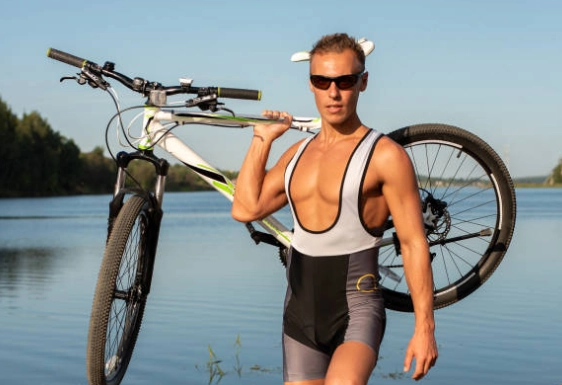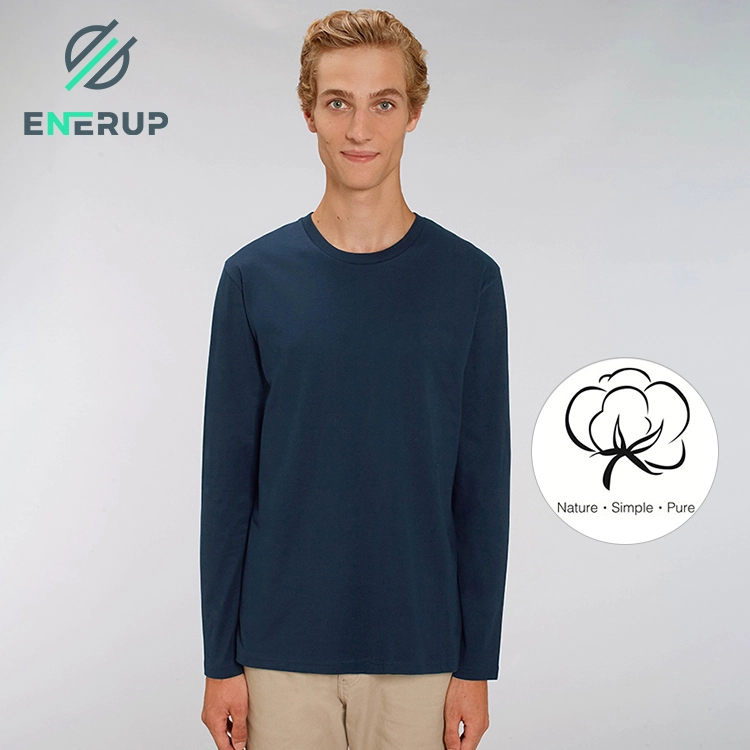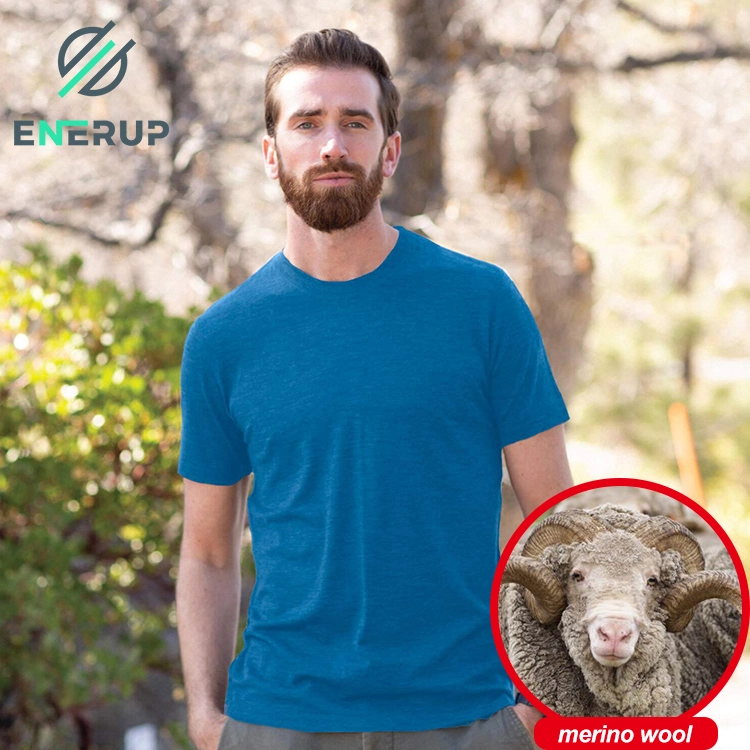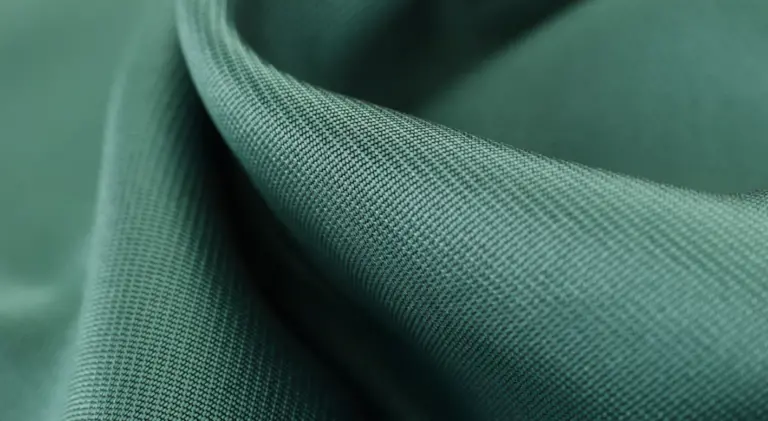Designing Your Eco-Friendly Activewear Line
Designing an eco-friendly activewear line requires a strategic approach encompassing fabric selection, understanding supply chains, and working with reputable manufacturers.
Choosing the Right Fabrics
And the choice of fabric for eco-friendly activewear designs is important. Natural fibers give comfort and/or breathability while keeping the carbon footprint to a minimum. Additionally, such innovative sustainable synthetics improve the performance properties of activewear within a sustainability framework. Moreover, the use of new sustainable synthetics adds performance characteristics to the activewear but remains true to the principles of sustainability.
Overview of Natural Fibers
For comfortable, breathable clothes turn to natural fibers like organic cotton and merino wool. More sustainable: Grown without harmful chemicals, organic uses less water than conventionally grown cotton, lessening the strain on local environments. With unique properties that enable it to move sweat away from the body, and act like a thermostat for temperature control, merino wool is perfect for active wear. Because of its natural moisture-wicking and thermoregulatory properties, merino wool is ideal for activewear.
Innovative Sustainable Synthetics
Due to innovative fabric technology, we now have sustainable synthetics including recycled polyester and TENCEL™. Not only do these materials provide improved performance and durability, but they also consume fewer resources to manufacture. By using these fabrics within your designs, you can create activewear that appeals to eco-friendly consumers.
Understanding Supply Chains
A thorough understanding of supply chains is essential when designing an eco-friendly line. Transparency in manufacturing processes and material sourcing is paramount.
Ethical Manufacturing Practices
Another important point while manufacturers of certain products are being picked is to look for ethics. Such as equitable labor conditions, workplace safety, and sustainable environmental consequences. Connecting with ethical manufacturers can elevate the sustainability status of your activewear range. Working with ethical manufacturers can further strengthen the sustainability credentials of your activewear line.
Transparent Supply Chain Management
Transparent supply chain management will enable consumers to trace the origin of materials, and whether or not they have been produced in humane practices. This reinforces your brand’s commitment to eco-friendliness as well as enabling consumers to make informed choices about what products they buy. It strengthens your brand’s sustainability pledge while also giving consumers the information they need to make better purchase decisions.
Working with Manufacturers
Partnering with the right manufacturers is critical in the journey of launching your eco-friendly activewear line.
Selecting Eco-Friendly Manufacturers
Finding sustainable manufacturers takes some time and diligence. Search for companies that have sustainability at the heart of what they do and will also put it in their products, plus any applicable certifications. Harvest SPF Textile Co., Ltd. is one of those manufacturers of eco-friendly activewear solutions, and the company has proven its expertise in sustainable materials with various offerings such as merino wool for apparel pieces.
Key Questions to Ask Potential Suppliers
Extend Your Research on Sustainability It is your prerogative to ask relevant sustainability-related questions when interviewing a potential supplier. Ask them where they source their products, how they’re produced, and if they’re certified. This can help you avoid future disappointment with your partnership — especially if you have sustainable goals. Knowing their commitment to sustainability will help you get a successful partnership that is aligned with your green goals.
Introducing Harvest SPF Textile Co., Ltd.
Harvest SPF Textile Co., Ltd. is a noteworthy player in the eco-friendly activewear manufacturing landscape, specializing in sustainable fabrics and production processes.
Company Background and Expertise
Harvest SPF is committed to sustainability and has decades of experience in producing high-performance outdoor, as well as thermal activewear fabrics. Fourth Companies — Shop Eco® Fourth Companies is dedicated to selling eco-friendly products and more environmentally responsible practices in the store due to the increasing number of consumers willing to purchase green goods/free from hazardous substances. Their commitment to sustainability is evident through their product lines, designed to meet increasing eco-demand.
Product Range: Merino Wool Baselayers
Their products are endless, but the Harvest SPF merino wool baselayers strike us as particularly cool. Merino sheep produce naturally breathable, moisture-wicking, and soft wool that is best suited for use in activewear. These base layers are made with the most performant sustainability in mind. Merino wool and other natural fibers are used due to the focus on producing quality active lifestyle garments that last and are good for the environment.
Marketing Your Eco-Friendly Activewear
A solid marketing strategy based on sustainability values – one of the sustainable activewear brands – starts with a great brand story and grows into a digital marketing strategy that nurtures the downloaded cycle. Doing so will allow you to reach the increasing number of eco-conscious consumers who value transparency and commitment to the Earth. This can help you reach out to a 45:59re recyclable and sustainable packaging, allowing you to appeal to an expanding group of environmentally-conscious buyers who prioritize transparency and dedication toward environmental causes in their purchasing decisions.
Crafting a Compelling Brand Story
A compelling brand story is the cornerstone of your marketing strategy and enables differentiation in a competitive marketplace. Those values can be shaped through your story, as they help establish the compass guiding your brand: a dedication to environmental protection in terms of being eco-friendly or using sustainable practices when it comes to ethical production practices; a pledge towards using sustainable materials. Being able to communicate the process from idea to product will not only help engage your target audience but develop trust in your brand as well.
Using experiences from actual customers can also add them to your narrative. Creating relatability using sharing testimonials of how your activewear helped them in their lifestyle or fitness regimes could add a layer of connection with your brand. Also, it allows you to show more than a product, engaging content that tells the sustainable side of your product and introduces the people behind it binds customers with you.
Also, look at the visual part of your brand story. Use sustainable packaging and design that communicates sustainability. Get creative with flyers; team up and produce a flyer for your activewear line highlighting its USPs with eco-conscious influencers or towards local merchants reaching out to each other because why not? Maybe partner with eco-friendly influencers or up-and-coming artists to design promotional materials that tell the story of your activewear’s unique features and sustainability attributes.
Digital Marketing Strategies for Sustainability Brands
The domain of digital marketing has opened a lot of opportunity gates for promoting eco-friendly activewear. Having social media platforms is great too since it provides you with an opportunity to interact — engage, talk, or answer questions from your audience. For example, Instagram and Pinterest are very visual platforms where you can highlight your activewear being worn (in customer content, how-to videos, or behind-the-scenes shots of processes that make output sustainable).
Content Marketing is equally essential in your overall strategy. Publishing educational articles and blogs on sustainability efforts in fashion, fabric selections or even workout recommendations strengthens your brand’s authority and establishes it as an expert within eco-friendly circles. This is beneficial on two levels as it both allows you to nurture current customers and bring in new website traffic when the consumer comes looking for more information.
One of the best ways to follow up with your audience is through email marketing. Newsletters that communicate developments about new launches, sustainability programs, or exclusive offers will keep your audience engaged with your brand. In addition to that segmentation of your email list means you can communicate with different customer demographics interested in sustainability and speak their language.
Finally, you can also use search engine optimization (SEO) to broaden your online reach. When you write blog posts and content for your website, work that keyword phrase like “eco-friendly activewear manufacturers” into your site everywhere you can (in an organic fashion of course), and when it comes time for consumers with consciousness to google search eco-conscious brands, watch how they click on YOUR site over all the others! Incorporating specific keywords i.e. eco-friendly activewear manufacturers into your website copy, meta descriptions, and blogs will give you a better shot at search engine results, allowing you to obtain higher visibility to more responsible consumers in search of eco-sensitive brands.















